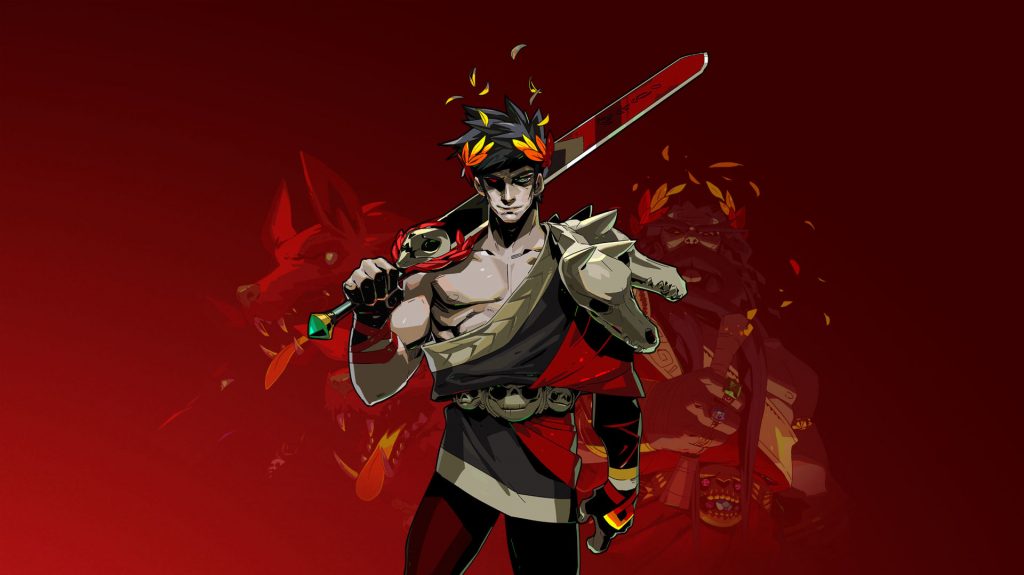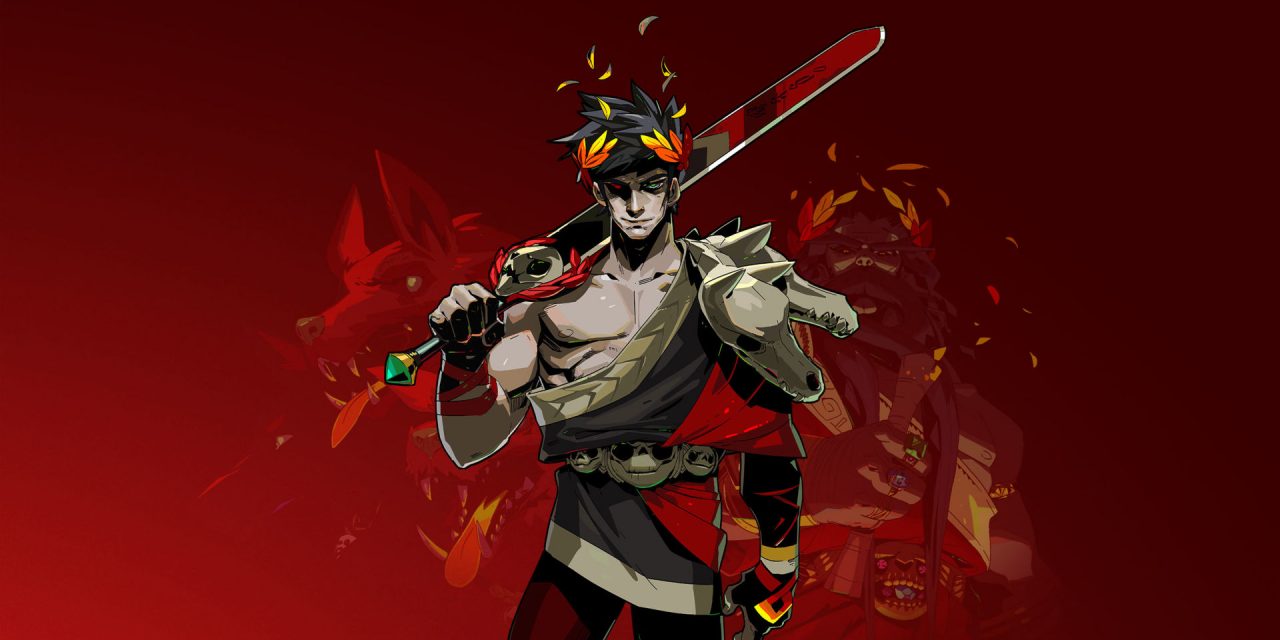This game review contains spoilers.
During the winter break, I finally got the chance to catch up on a deluge of games I’d neglected throughout an interminable semester. As I went through them, trying to relax, one shined brightly above the others for its gripping storytelling, beautiful visuals, immersive world-building, fluid gameplay and emphatic performances by its actors: “Hades.” Developer Supergiant Games’ “Hades,” released in September, is a splendid, rogue-like game centered on progressing up through the underworld to Greece’s surface, while providing refreshing takes on classic elements of Greek mythology.
The story revolves around Prince of the underworld Zagreus (Darren Knob) as he repeatedly attempts to break free against the forces of his father Hades (Logan Cunningham), the god of the Underworld. Zagreus is motivated to meet his birth mother Persephone (Laila Berzins), the goddess of vegetation, after discovering that Hades had lied to him about his mother’s identity. Perturbed by his father’s lies, Zagreus seeks the aid of the goddess of the night, Nyx (Jaime Landrum), and the shade of the tragic hero Achilles (Logan Cunningham) to break out of the underworld.
To do so, Zagreus breaks into his father’s armory, stealing weapons from Greek mythology to aid him in his quest to escape hell. Meanwhile, Nyx reaches out to Mount Olympus to seek the Olympians’ aid, wisely claiming that Zagreus wishes to break out of the Underworld to claim a place on Olympus. From there on, the player’s mission is simple: to clear the various levels of Hell, surmount the bosses Hades’ conscripts along the way, such as the Fury sisters or the hero Theseus (Cyrus Nemati) and Asterius the Minotaur (Logan Cunningham)) and escape the Underworld to meet Persephone.
Each of the gods, Zagreus and the supplemental characters are aptly voiced to create realistic sounding versions of classical entities. The portrayals meld perfectly with each character’s vibrant, cel-shading visual design to craft fitting yet fresh depictions of oft-reimagined figures. The artwork for Achilles, for example, is adorned in a nondescript green tunic and a chartreuse cloak that not only supplements his wavy blonde hair and weary blue eyes, but also depicts a man haunted by his past.
Regarding the world-building, each of the underworld levels, from Tartarus to the Temple of Styx, are novel experiences. As Zagreus progresses to the surface, the levels of the underworld change, reformatting enemies, the environmental characteristics and other side characters, keeping the journey invigorating. When Zagreus enters the meadows of Asphodel, a site tarnished by an overflow of magma, the detail is stunning — exploding volcanoes, sprawling lava and stacks of bones fill every corner. When he leaves Asphodel for Elysium, the environment shifts to highlight the home of the heroes: it’s peaceful, filled with lush shrubbery and flowing rivers, giving it an almost otherworldly feel.

Zagreus (Darren Knob) wields the Stygian blade and stands in front of the guardian to the underworld and his pet, Cerberus. (Supergiant Games)
In terms of gameplay, everything meshes fluidly, as each legendary weapon plays to different strengths and playstyles. Moreover, the weapons are also complemented by the Olympian aids Zagreus can receive during each escape attempt in the form of unique blessings based on the given god’s personality and powers. Even after Zagreus breaches the surface and meets Persphone for the first time, the game adds on harder difficulty boosters in each run to speak to her again — all of which promotes diverse gameplay styles, keeping the game interesting.
I would be remiss not to address the game’s hauntingly alluring music composition. The game’s composers shrewdly take traditional Greek music and weave it with electro-industrial and orchestral melodies that makes the music sound ethereal and fits the game’s direction. A favorite piece of mine is the “Lament of Orpheus,” sung by Darren Knob as Orpheus (Michael Ailshie) reminiscing about his lover and muse Eurydice (Francesca Hogan). The song references how Orpheus condemned Eurydice and himself to a lifetime in the underworld for his lack of will and trust in Eurydice’s word. Their story serves as one of the many that Zagreus can come to learn and relate to as he continually tries to breach the confines of the underworld.
“Hades” contains endearing themes about the lengths of parental affection, the enduring bond between children and their parents, the importance of forgiveness, and the need to accept past mistakes. The dynamic between Hades, Zagreus and Persephone epitomizes this theme. The story tugs at the heartstrings as it slowly turns from one of teenage resentment against a controlling parent figure to one of deeply emotional stakes that exhibit the well-intentioned (but flawed) execution of a parent’s love.
The development certainly shifted my initial perceptions of Hades as a cold and calculating being to a new version that I believe is not only modern but refreshing from the traditional pigeonholing he experiences as a villain in other stories. Additionally, Persephone and Zagreus’ relationship is emotionally stirring: each meeting between the two left me misty-eyed. By the end of the game, I was left in awe at the efforts of both parents to protect their child, Hades’ attempts to rectify his wrongdoings and Zagreus’ determination to move forward with his family.
In its finest moments, “Hades” is a fantastic gaming marvel that exemplifies a high standard of storytelling, acting, visuals and gameplay. Supergiant Games bring to life a spirited environment brimming with evocative messages and wonderfully reimagined versions of classic figures from Greek mythology. Oftentimes, Hades chides Zagreus with something along the lines of, “There is no escape,” to which I say he’s right — there’s no escaping the fact that “Hades” is phenomenal.
Demetrios Mammas (he/him 23C) is from Atlanta, Georgia, majoring in political science and psychology. When he’s not editing or writing op-eds and reviews for the Wheel, he can be found helping out student legislators as a College Council Chief of Staff and volunteering at Emory’s nearby Wesley Woods Senior Living facility. In his free time, he enjoys playing video games, learning languages, being a Netflix fanatic, reading Arthurian legends, going kayaking and practicing guitar.






